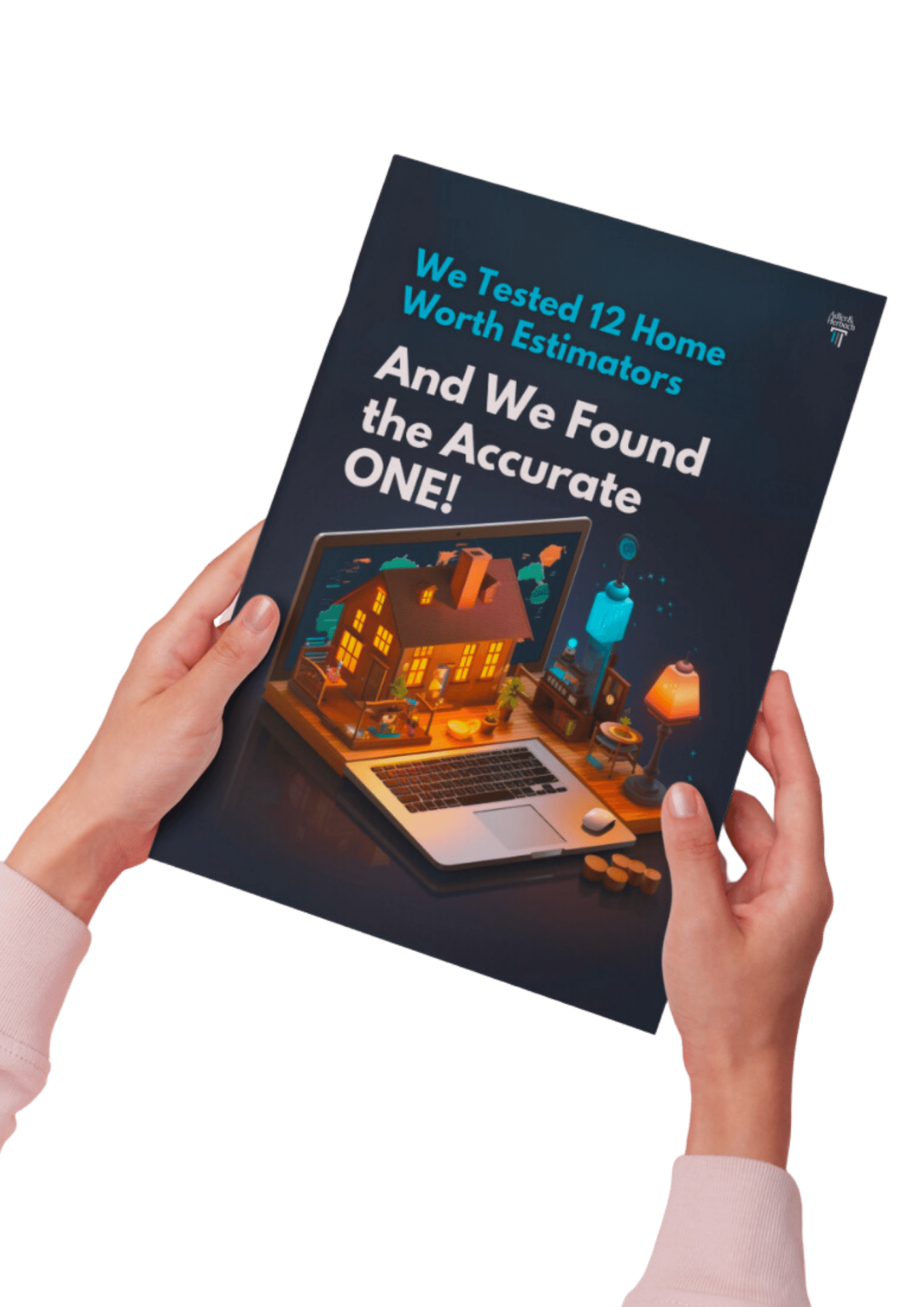Buying a home is an exciting process, but it can also be stressful and complicated. One part of the home buying process that often confuses buyers is earnest money – specifically what happens if the buyer changes their mind and wants to back out of the purchase.
Earnest money, also known as a good faith deposit, is money that a home buyer puts down to show the seller that they are serious about purchasing the home. This deposit is typically 1-5% of the purchase price and is put into an escrow account managed by the real estate agent, attorney, or title company facilitating the transaction.
What Happens to Earnest Money If Buyers Backs Out?
When a buyer backs out without valid reason, the seller may keep the earnest money as compensation. Buyers can get a refund if they have a justified reason to terminate, such as financing issues or home inspection findings. Refund conditions should be detailed in the purchase agreement, and disputes may require mediation.

Understand What Happens To Earnest Money If The Buyer Gets Cold Feet And Decides To Walk Away
- The earnest money is meant to show the seller that the buyer is committed to following through with the purchase. It provides some security to the seller should the buyer default.
- If the buyer backs out for no valid reason, the seller has the right to keep the earnest money as compensation for taking the home off the market and turning down other potential buyers.
- However, the buyer may be entitled to a full or partial refund of earnest money if they have a valid reason for terminating the contract, such as not being able to secure financing or finding problems with the home inspection – assuming the right contingency language is included in the contract.
- The purchase agreement should stipulate under what conditions the earnest money is refundable or non-refundable to provide clarity to both parties.
- If there is a dispute over who gets to keep the earnest money, it may need to be mediated by the real estate agents, attorneys or title company holding the funds in escrow.
- In some cases, the seller may choose to refund the earnest money to the buyer as a gesture of goodwill, even if they are not absolutely obligated to do so. This maintains positive relations rather than engaging in a protracted dispute.
The timing of the buyer backing out can also impact what happens with earnest money:
- If the buyer backs out during the inspection period, they are more likely to get the earnest money refunded. The inspection may reveal issues with the home that allow the buyer to terminate the contract.
- If they back out late in the process after inspections and after the financing contingency period has expired, the seller has a stronger case to retain the earnest money.
Learn more about
Conclusion
The earnest money and contingency clauses in the purchase contract are binding, so buyers should carefully review this section and seek clarification from their agent or attorney on refund scenarios. While losing a small percentage of home price may seem minor, for most buyers earnest money represents a significant amount of money. Understanding the risks is key to making informed decisions around backing out as a buyer.


